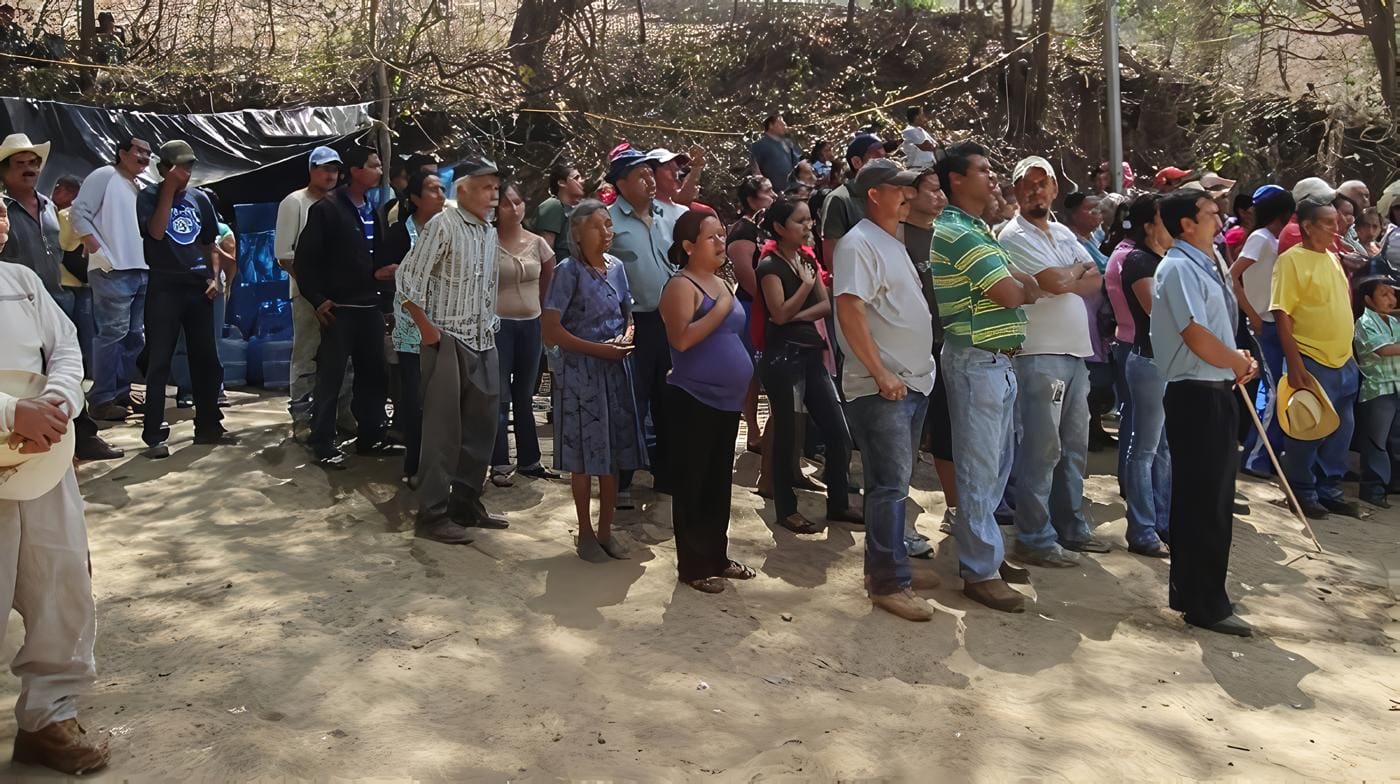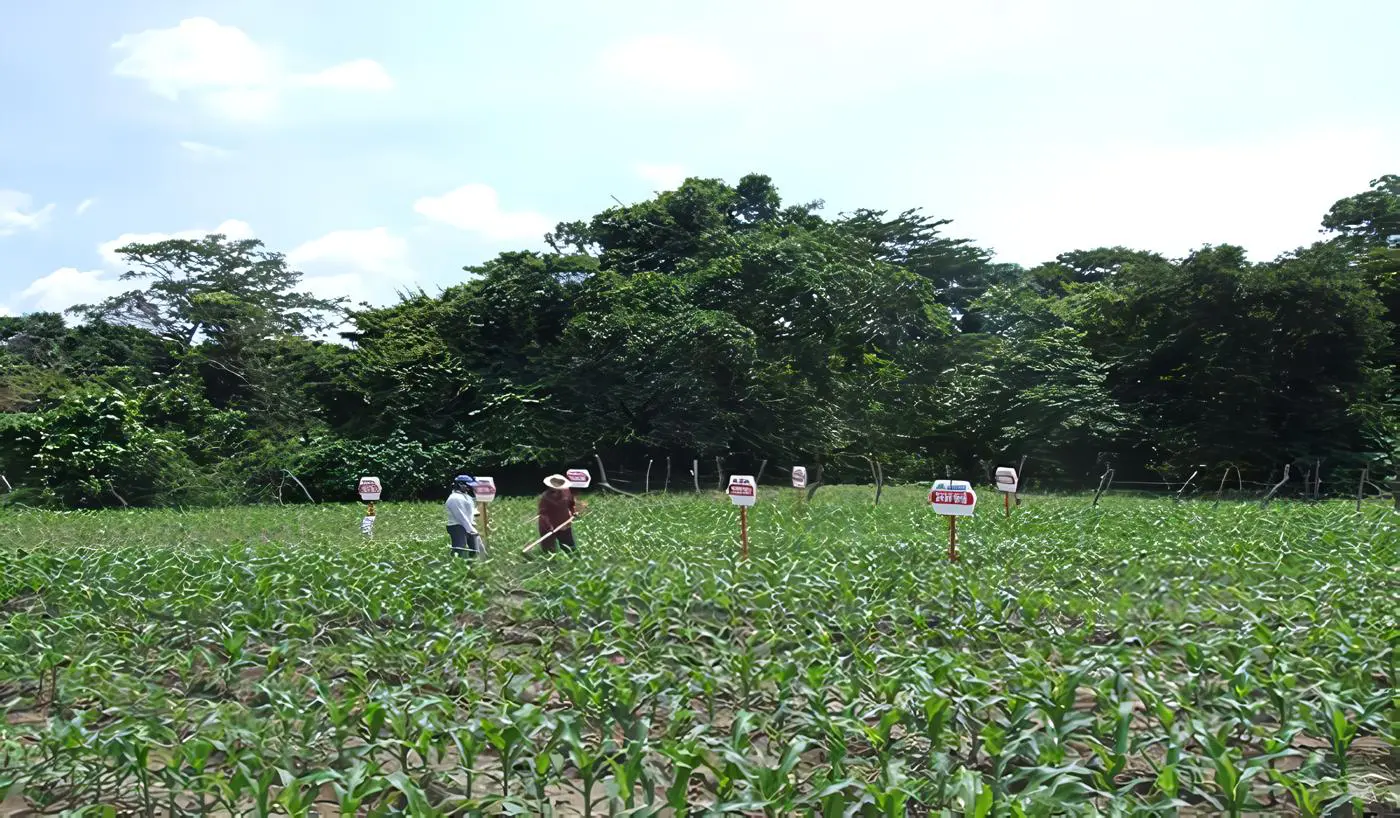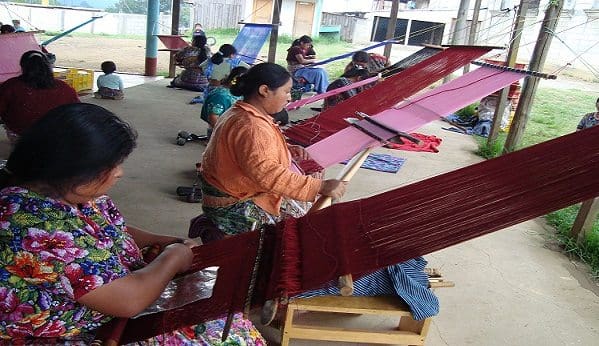Conozca los indicadores macroeconómicos entre Colombia y Guatemala:
PIB (US$ constantes 2000)
Fuente: Banco Mundial

Crecimiento anual del PIB (%)
Fuente: Banco Mundial
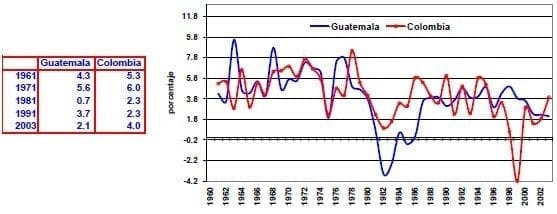
PIB per capita (US$ constantes 2000)
Fuente: Banco Mundial
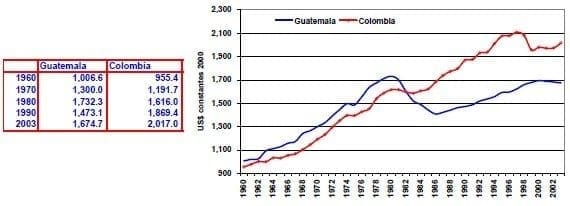
Tasa anual de inflación (%)
Fuente: Banco Mundial
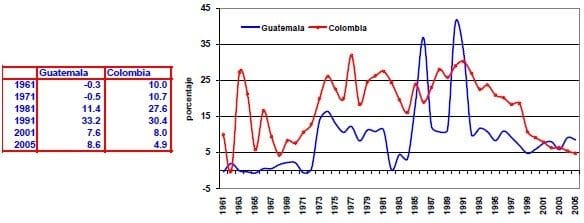
Gasto de consumo final (% del PIB)
Fuente: Banco Mundial
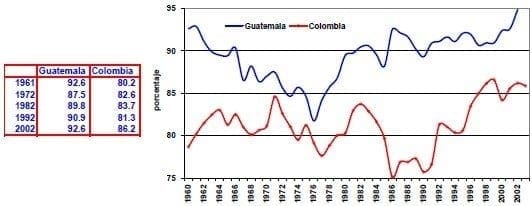
Gasto de consumo final del gobierno (% del PIB)
Fuente: Banco Mundial
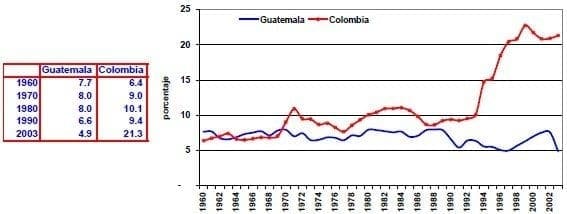
Gasto de consumo final de los hogares (% del PIB)
Fuente: Banco Mundial
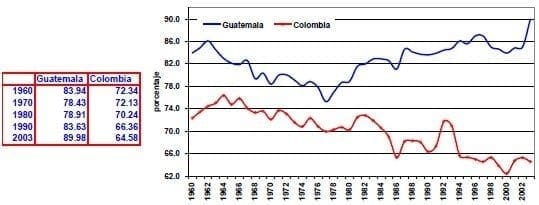
Formación bruta de capital (% del PIB)
Fuente: Banco Mundial
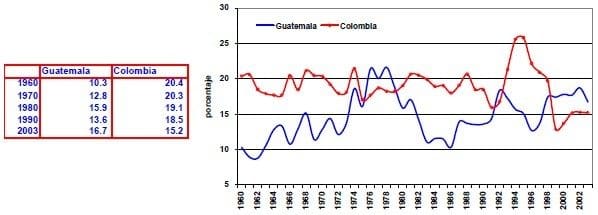
Formación bruta de capital fijo (% del PIB)
Fuente: Banco Mundial
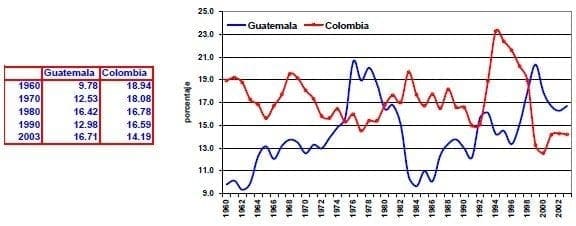
Ahorro interno bruto (% del PIB)
Fuente: Banco Mundial
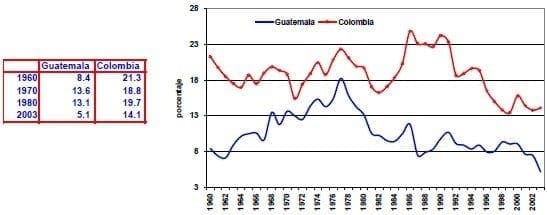
Tasa corporativa marginal de tributación más alta (%)
Fuente: Banco Mundial
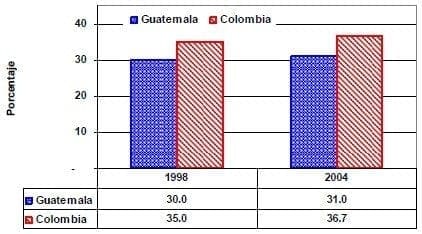
Tasa individual marginal de tributación más alta (%)
Fuente: Banco Mundial
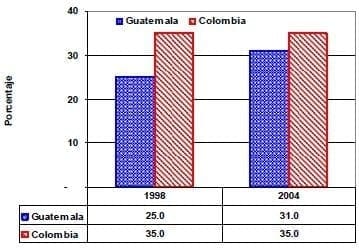
Indicadores macroeconómicos entre Colombia y Guatemala
Fuerza de trabajo*
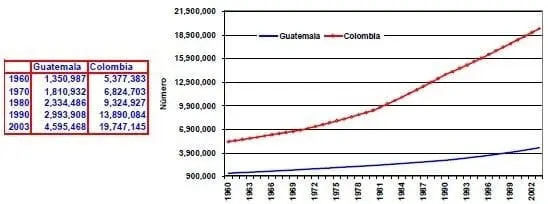
* Total labor force comprises people who meet the International Labour Organization definition of the economically active population: all people who supply labor for the production of goods and services during a specified period. It includes both the employed and the unemployed. While national practices vary in the treatment of such groups as the armed forces and seasonal or parttime workers, in general the labor force includes the armed forces, the unemployed, and first-time job-seekers, but excludes homemakers and other unpaid caregivers and workers in the informal sector.
Fuente: Banco Mundial
Desempleo total (% de la fuerza de trabajo)
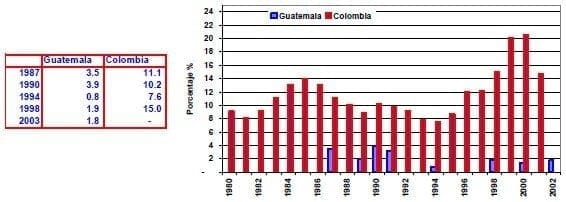
* Total labor force comprises people who meet the International Labour Organization definition of the economically active population: all people who supply labor for the production of goods and services during a specified period. It includes both the employed and the unemployed. While national practices vary in the treatment of such groups as the armed forces and seasonal or parttime workers, in general the labor force includes the armed forces, the unemployed, and first-time job-seekers, but excludes homemakers and other unpaid caregivers and workers in the informal
Fuente: Banco Mundial




